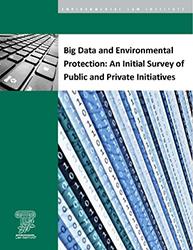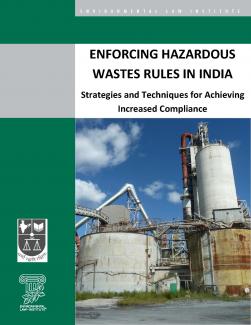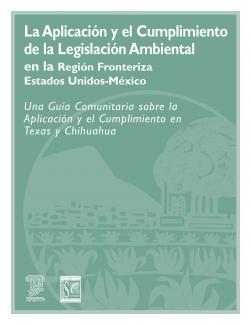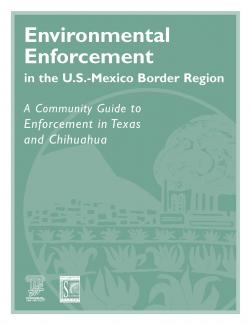Report Recommends Improvements to Army Corps Permitting of Offshore Aquaculture
(Washington) Offshore aquaculture is an emerging new use of the ocean. The U.S. Army Corps of Engineers plays a central, but underappreciated, role in regulating this new industry. The Environmental Law Institute has released a white paper, “U.S. Army Corps of Engineers Regulation of Offshore Aquaculture,” clarifying the role, legal authority, and practice of the Corps in this area.





